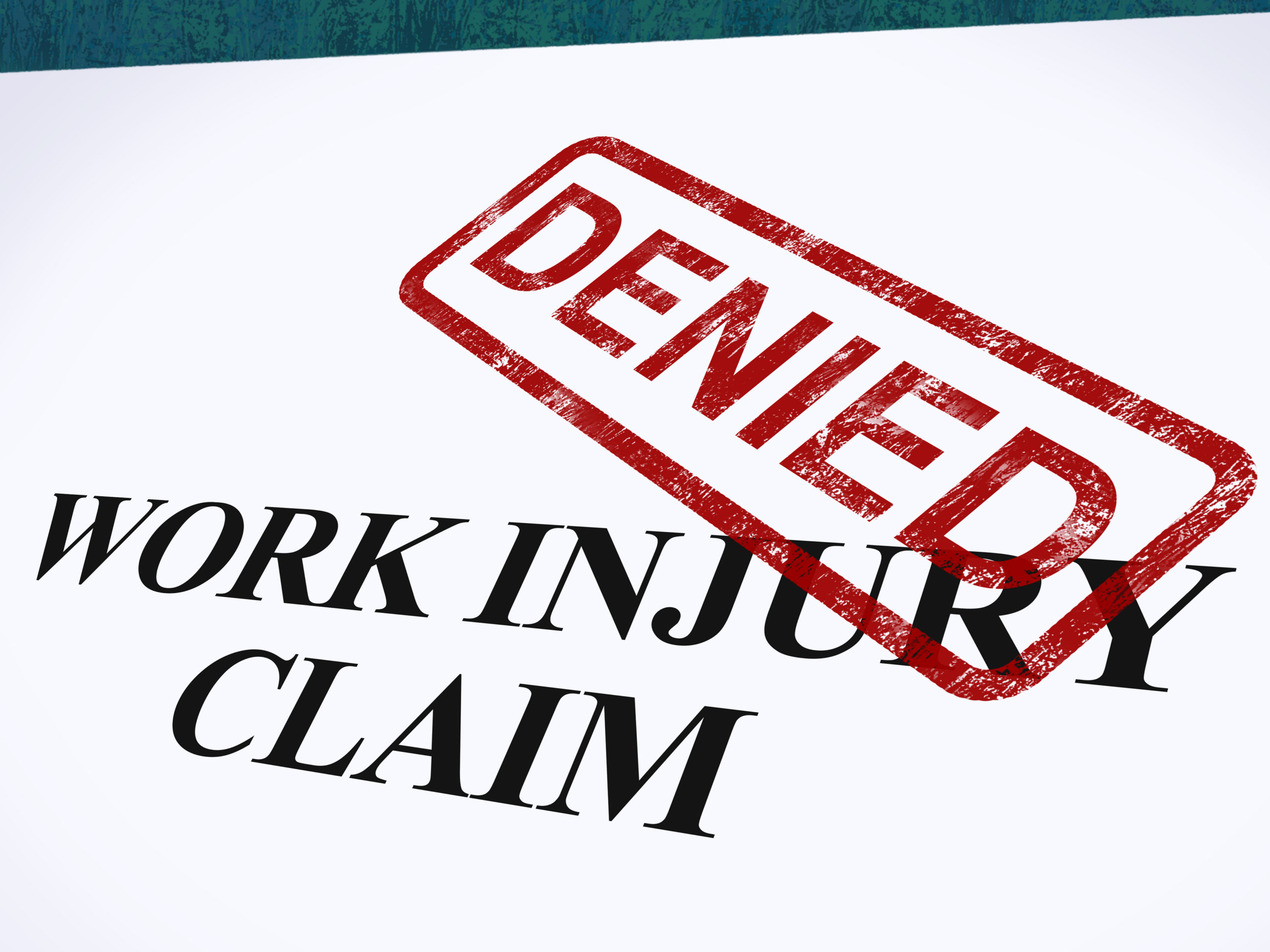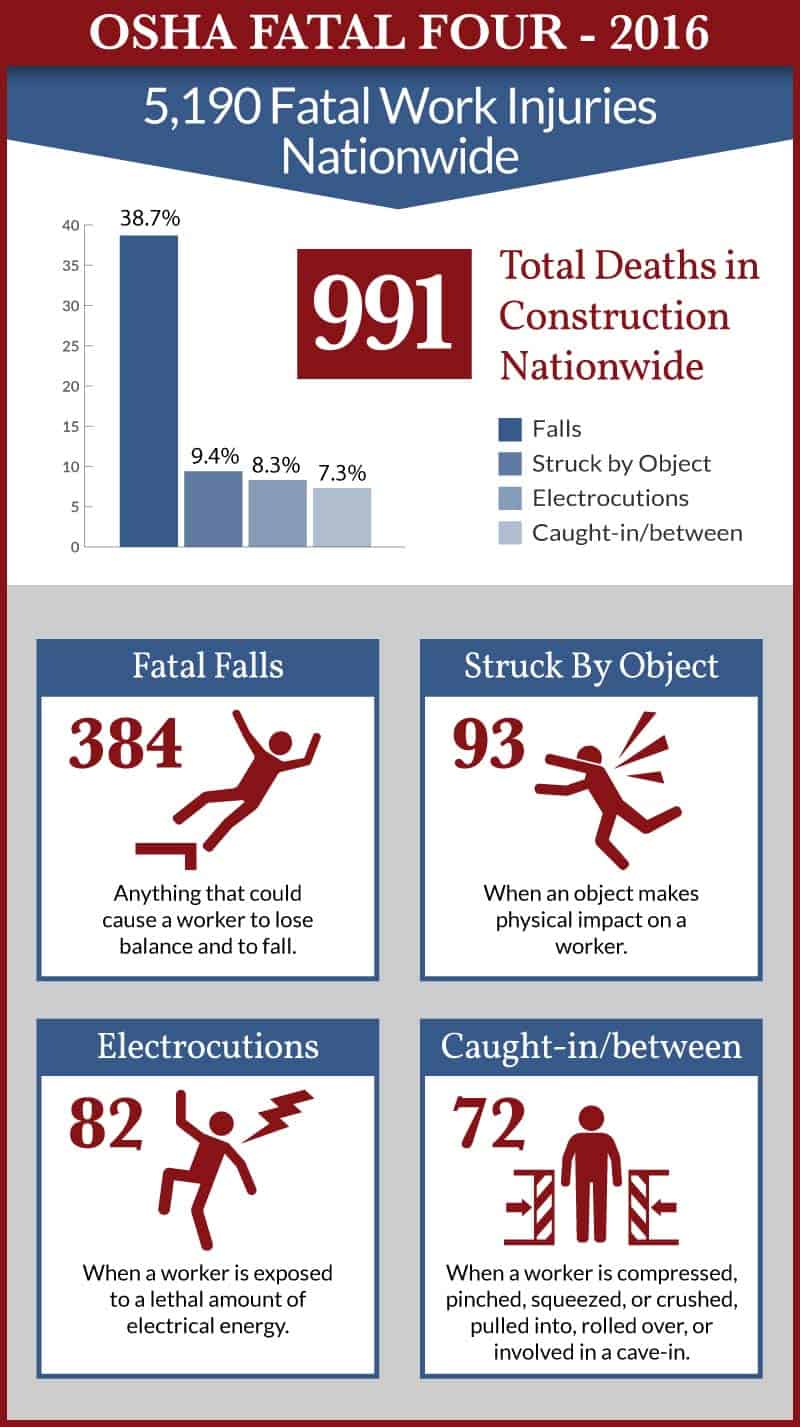What Are Common Reasons for Workers’ Compensation Claim Denials?

Common reasons for Workers’ Compensation claim denials are oft-cited grounds that Workers’ Compensation insurance companies deny claims by workers injured on the job. These may include late filing, not enough medical evidence, and many other reasons. Insurance carriers often look for reasons to deny your claim, so make sure you have everything in order when you file your claim. Here are some of the most common reasons your Workers’ Compensation claim may be denied.
Insufficient Evidence
One of the most common reasons for denying a Workers’ Compensation claim is insufficient evidence that supports the employee’s claim. For a claim to be approved, there must be proof that the employee was injured as a result of their job duties or in the workplace. If there is not enough evidence to support these claims, the insurance company may deny the claim.
Pre-Existing Conditions
Another reason an insurance company may deny a Workers’ Compensation claim is because of pre-existing conditions. If an employee has had prior health issues or injuries related to the same area of their body, it can make it difficult to prove that the injury was job related rather than caused by something else.
Intentional Injury
If an injury is found to have been inflicted on purpose by either an employee or a third party, then this usually means that the injury is not covered under Workers’ Compensation insurance and can lead to a denial of the claim. While Workers’ Compensation insurance is no-fault, you cannot collect benefits if you intentionally injured yourself.
Late Filing
If an employee takes too long to file their claim or submit all necessary paperwork, this could lead to a denial from the insurance company. Generally, employees should report any work-related injury immediately and provide all necessary paperwork within 30 days for it to be valid. Be aware that some insurance companies require you to provide notice in as little as 14 days, so make sure you or your representative review the insurance policy immediately after your injury.
Misrepresentation
Misrepresentation can also lead to denial of a Workers’ Compensation claim if an employee provided false information about their working conditions or failed to disclose pertinent information about preexisting medical conditions or prior injuries when filing their initial claim documents.
Unauthorized Activity
Workers’ comp claims are typically denied if an employee was engaged in unauthorized activities at the time of their injury.
Alcohol or Drug Use
Using drugs or alcohol while performing your job duties can often result in being denied a Workers’ Compensation claim since intoxication makes it difficult for an employer or insurer to determine whether your accident was due solely to your work environment.
Fraudulent Claims
Finally, fraudulent claims are another common cause of denial when it comes to Workers’ Compensation claims: if someone tries to file a fake injury or exaggerate existing medical issues to receive benefits they are not entitled to, then their claims will likely be denied outright without further review from the insurance company.
The Philadelphia Workers’ Compensation Lawyers at Freedman & Lorry, P.C., Can Help You Secure Benefits After a Workplace Injury
To get the help you need filing your claim or navigating an appeal, speak with the Philadelphia Workers’ Compensation lawyers at Freedman & Lorry, P.C. Call us at 888-999-1962 today or contact us online to schedule your free consultation with our legal team to learn more. With offices in Philadelphia and Cherry Hill, New Jersey, we proudly serve clients in Pennsylvania, and New Jersey.
